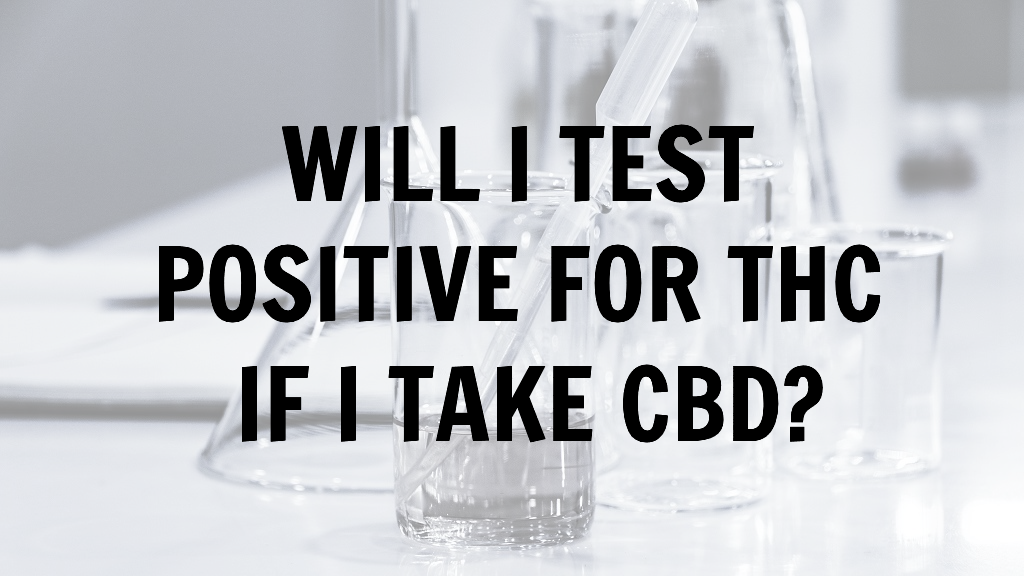Drug testing is seen as a way for employers, government agencies, and other organizations to promote safety and productivity in the workplace, deter drug use, and comply with legal requirements.
Employers may choose to drug test their employees to ensure a safe work environment and to minimize the risks associated with drug use, such as accidents, injuries, and reduced productivity. Some jobs, such as those in transportation, healthcare, and law enforcement, require drug testing as a condition of employment due to safety concerns and legal requirements.
Government agencies may also require drug testing for certain programs, such as welfare or probation, as a way to ensure that taxpayer funds are not being used to support drug use or criminal activity.
However, drug testing is subject to certain legal restrictions and must be conducted in a manner that is consistent with privacy and anti-discrimination laws. Employers and organizations are typically required to obtain consent from individuals before conducting drug tests, and they must follow established protocols for specimen collection and testing to ensure accuracy and fairness.
It depends on the specific product you consume and the type of drug test used.
CBD products that are legally sold should contain less than 0.3% THC, which is not enough to produce psychoactive effects or to show up on most drug tests. However, some products, such as those labelled “1:1” (the ratio of THC to CBD in the product) sold at legal cannabis dispensaries may contain higher levels of THC or other cannabinoids that could potentially cause a positive drug test.
If you are concerned about testing positive for THC on a drug test, it is important to carefully read the label for any CBD product you are considering using.
It’s worth noting that different drug tests have different sensitivity levels and detection windows. Some tests can detect THC for up to 30 days after use, while others may only detect it for a few days.

